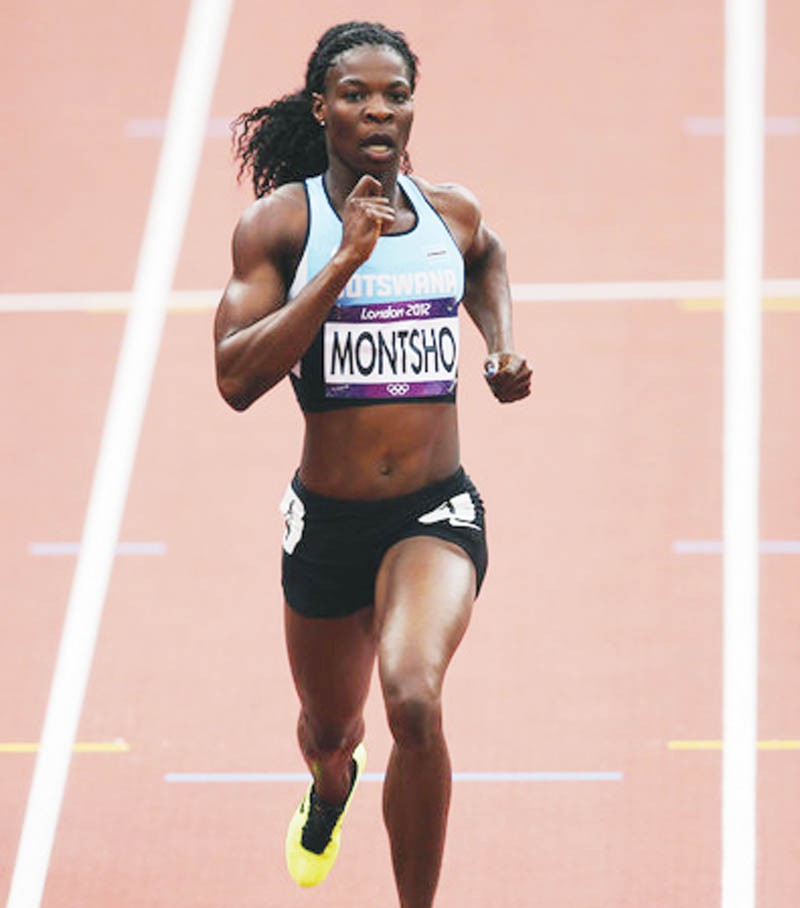Top US lawyer says Montsho sanction harsh
Mqondisi Dube | Wednesday March 25, 2015 18:00


The American who has represented top athletes, among others Jamaican sprint star, Asafa Powell, said Montsho deserved a lesser sentence.
“Yes, the judgment was excessively harsh in light of past cases decided by the Court of Arbitration for Sport involving similar circumstances,” he said in response to Mmegi Sport’s questionnaire.
Greene, the founder of Global Sports Advocates, a sports law firm devoted to the protection of athletes’ rights, said Montsho has a bright chance of having the ban reduced by the Court of Sport Arbitration if she appeals.
“On appeal to the Court of Arbitration for Sport in Lausanne (Switzerland), I am almost certain that Ms. Montsho’s sanction will be greatly reduced by an international panel of sports arbitrators. “Last year, I appealed a similarly harsh sanction handed down against Asafa Powell and Sherone Simpson in Jamaica and successfully had it reduced to six months,” he explained.
Green argued the appropriate sanction under the World Anti Doping Code could have been six months or less.
“The Code requires that sanctions for athletes around the world be harmonised in light of their degree of fault. Ms. Montsho exercised great caution before taking a contaminated supplement.
“Therefore, her degree of fault is low, which is why she should receive a sanction of six months or less.”
The prohibitive US$20,000 appeal fee remains the stumbling block, with Montsho’s lawyer, Tshiamo Rantao saying there had been no progress on the appeal. Rantao has expressed outrage at the judgment delivered by a disciplinary panel, headed by Dr. Gaonyadiwe Mokone.
The panel ruled Montsho had violated anti-doping rules after a banned stimulant was found in her body. The athlete had proved she exercised due care before consuming a supplement, Endura Pro, suspected to have contained the banned substance.
The disciplinary committee conceded Montsho did not know that Endura Pro contained a banned substance since it was not listed in the ingredients. “Therefore, she could not have taken the supplement to enhance performance,” reads the judgement. Rantao has argued the panel erred by applying the maximum two-year ban. He said for the mandatory two-year ban to be effected, there has to be proof that the athlete knowingly took the substance with intent to enhance performance.
